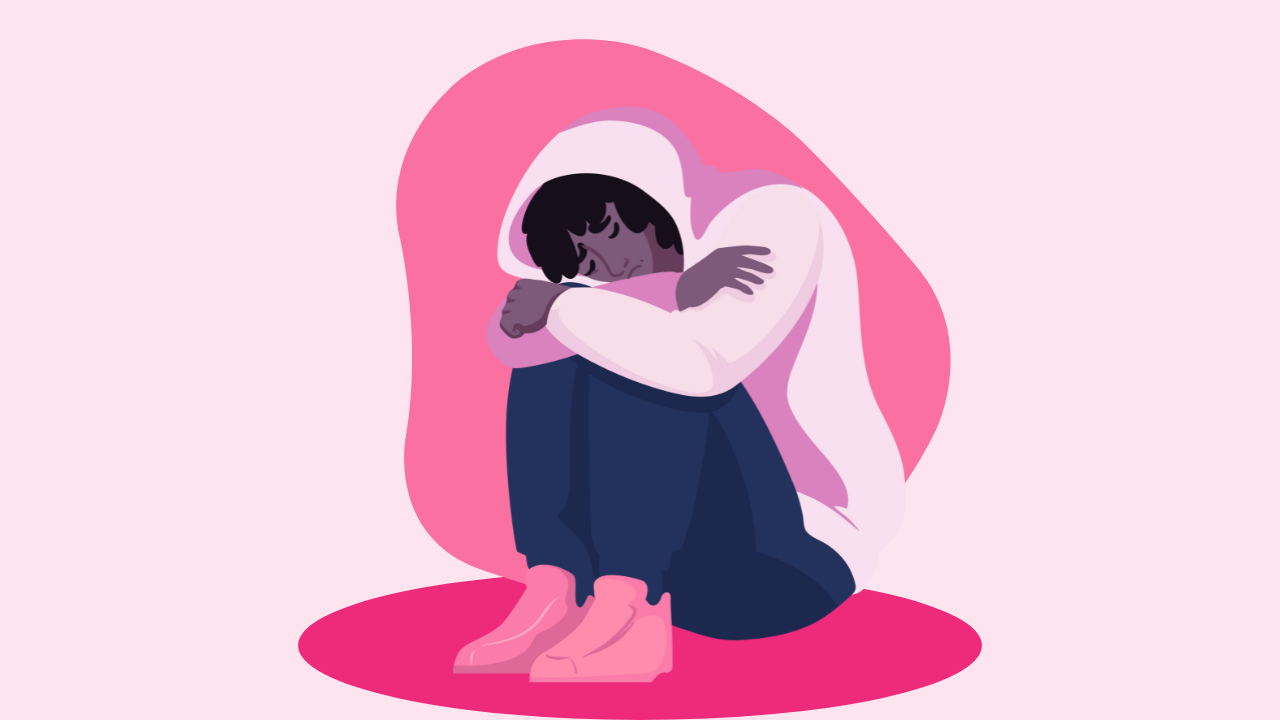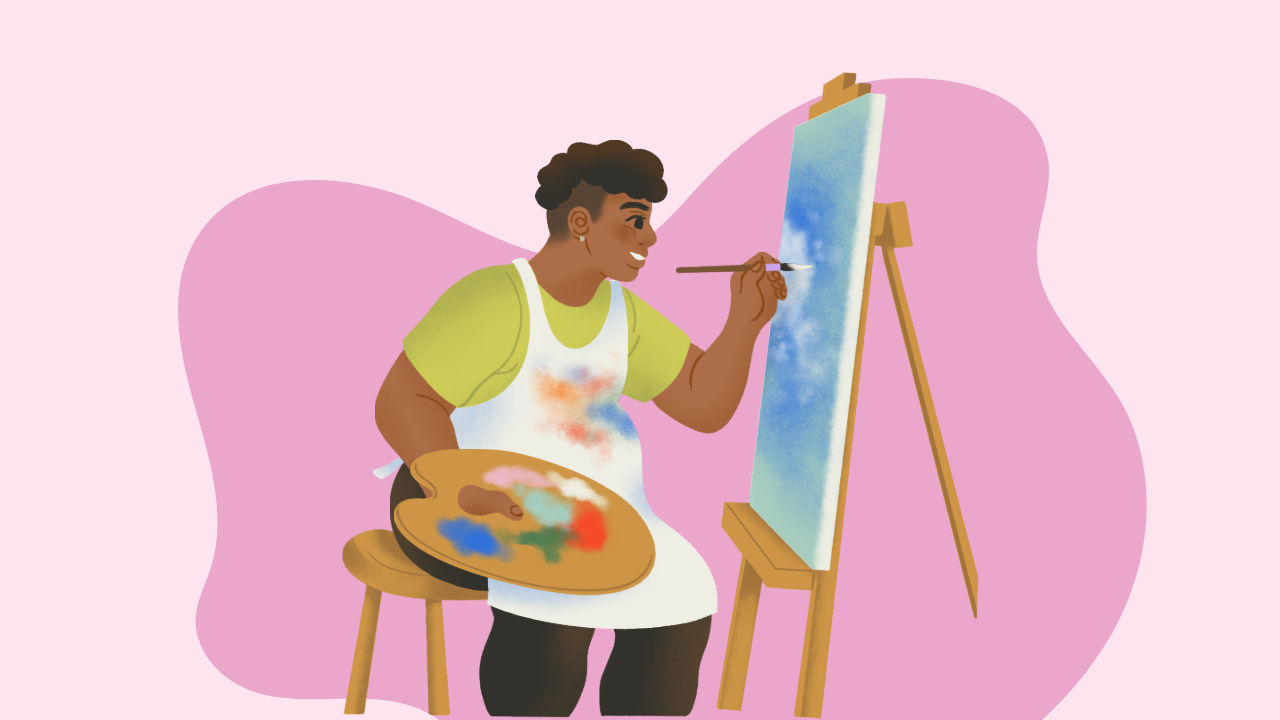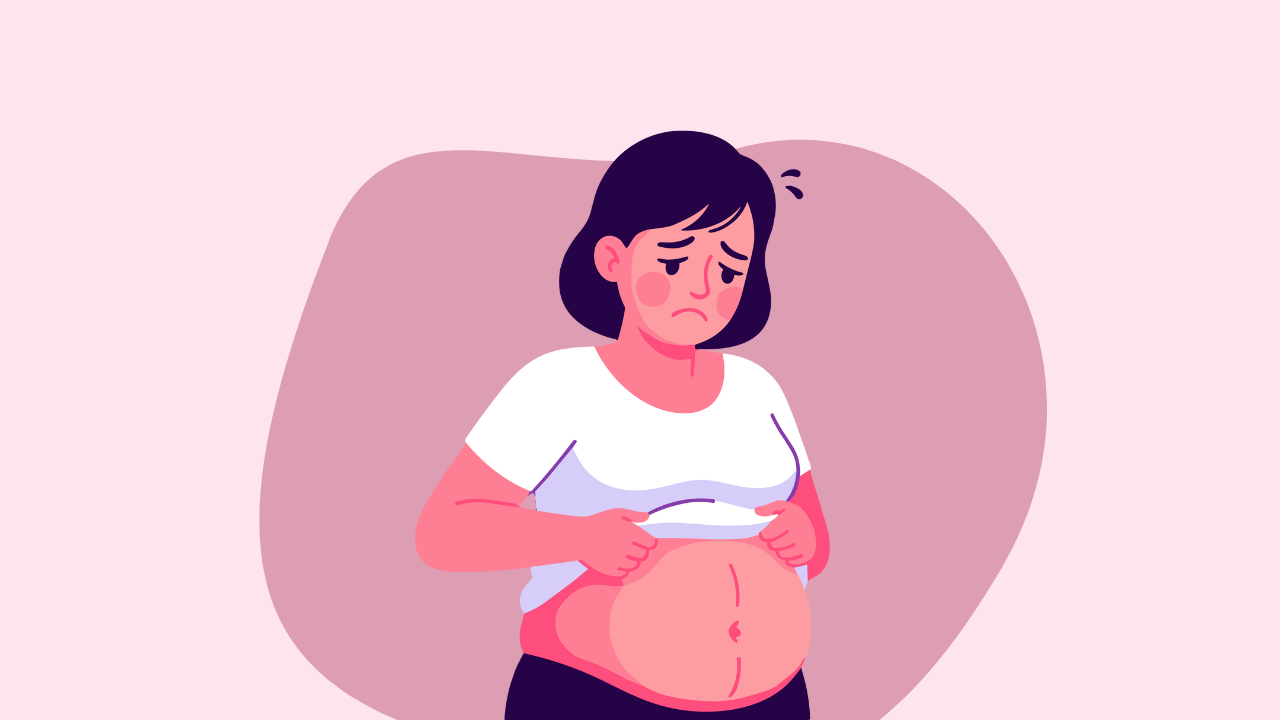New Model Predicts Depression Risk in Breast Cancer Patients

Breast cancer isn't just about the body. It's about the mind, too. A growing number of studies are showing that depression often walks hand in hand with a breast cancer diagnosis, and yet emotional health rarely gets the same attention as the tumor itself. The shock of hearing the words, the weight of treatment decisions, and the uncertainty of the future can quickly become overwhelming, especially when no one is talking about it.
A recent study out of Spain looked at how we can change that. According to the research, nearly four in ten women with breast cancer experience significant depressive symptoms, yet many of them don’t have a diagnosis or any formal plan for support. That gap in care matters, and the findings make it clear that mental health should be considered part of the treatment itself, not an afterthought.
The team developed a predictive model designed to spot women who might be at higher risk of depression during treatment. They analyzed tumor grading, monthly income, pain levels, physical activity, and family support to paint a more complete picture of who may need help early. The model showed a high level of accuracy, giving clinicians the tools to intervene sooner and helping patients avoid feeling invisible in their own care.
For young women, this matters even more. Breast cancer can derail milestones like building careers, planning families, and navigating relationships, and the emotional impact often stacks up long before treatment even begins. The study highlighted that financial stress, fertility concerns, and lifestyle disruptions are major drivers of depressive symptoms for younger patients, creating a compounding effect that can’t be ignored.
Screening for depression should be as routine as ordering labs or scheduling imaging, but it rarely is. Researchers relied on tools like the PHQ‑9 questionnaire and pain scales, which weren’t created specifically for breast cancer patients, and that gap creates another layer of risk. Without standardized screenings, too many women fall through the cracks, left to manage both their diagnosis and their mental health alone.
If you or someone you love is navigating breast cancer, the takeaway is simple: start the conversation early. Ask your care team whether screenings for depression are available, request referrals for emotional support, and involve your circle of friends and family in the process. Breast cancer treatment has advanced rapidly, but real healing requires care for the mind as much as the body.







